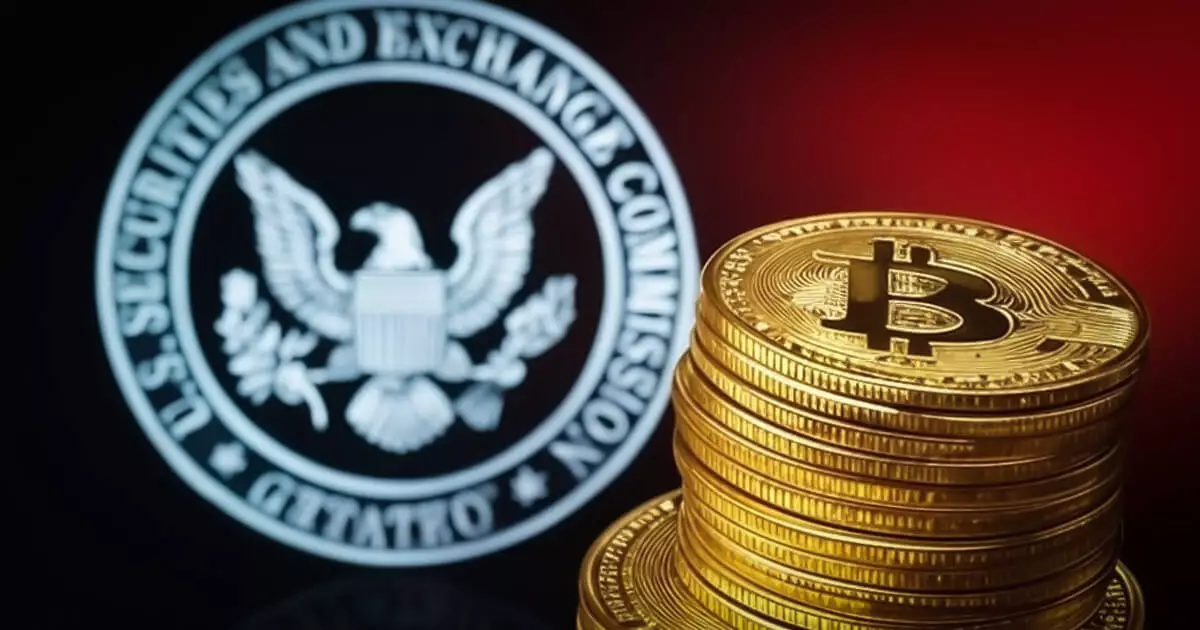The rapid evolution of cryptocurrency and blockchain technology has continually outpaced existing regulatory frameworks, resulting in a landscape fraught with uncertainty and confusion. At the heart of this concern lies the necessity for a robust and clear regulatory structure sufficient to manage the complexities of digital assets. In a landmark move, the U.S. Securities and Exchange Commission (SEC) has announced the formation of a dedicated crypto task force, signaling an evolving regulatory mentality within the organization. This initiative reflects a growing acknowledgment of the unique challenges posed by the cryptocurrency market and the urgent need for a comprehensive governance framework.
The task force is under the stewardship of Commissioner Hester Peirce, often dubbed “Crypto Mom” for her steadfast advocacy for blockchain innovation. Her appointment is indicative of a strategic pivot within the SEC, moving beyond a primarily enforcement-oriented approach to facilitating a more collaborative regulatory environment. Acting Chairman Mark Uyeda expressed optimism regarding Peirce’s leadership and emphasized the collective efforts of multiple SEC divisions in creating policies that foster innovation while protecting market participants.
The primary mission of the task force will be to delineate clear regulatory boundaries, implement practical registration protocols, and establish a balanced disclosure framework that accommodates both investors’ needs and market dynamics. Furthermore, the SEC seeks to utilize its enforcement resources more judiciously, concentrating on egregious violations rather than relying primarily on punitive measures as a regulatory strategy. This shift aims to limit the retroactive enforcement practices that have generated criticism for adding to the uncertainty surrounding crypto operations.
Acknowledging that effective regulation requires cooperation, the SEC has pledged to work with a wide array of stakeholders, including federal entities like the Commodity Futures Trading Commission (CFTC), as well as state regulators and international bodies. This collaborative approach is poised to create a more symbiotic regulatory environment, aligning U.S. standards with global practices in the crypto sector. By engaging in cooperative dialogues, the SEC aims to mitigate the risks associated with fragmented regulation and enhance overall market stability.
In addition, the task force will extend its support to Congress, providing necessary technical assistance as legislators explore updates to the regulatory framework governing digital assets. This collaboration ensures that the legislative process is informed by the perspectives of various industry players, academics, and the wider public interested in the evolution of cryptocurrency regulation.
A critical aspect of the task force’s endeavor is its emphasis on gathering insights and feedback from diverse stakeholders. Commissioner Peirce has emphasized that the initiative aims to be iterative, drawing upon the experiences of industry practitioners, investors, and academics to inform the regulatory process. Such inclusive engagement is essential for developing a regulatory framework that is not only comprehensive but also adaptable to the continually shifting crypto landscape.
The initiative has emerged against the backdrop of a shifting political climate, marked by growing support for cryptocurrency and blockchain technologies from various governmental appointments. Under the administration of former President Donald Trump, several pro-crypto nominations have been made, including Paul Atkins as the new SEC chair and the introduction of the role of a “crypto czar.” These appointments reflect a broader recognition of the significance of digital assets and the necessity for a regulatory framework that keeps pace with innovations.
The establishment of the SEC’s crypto task force marks a transformative phase in the ongoing dialogue surrounding digital asset regulation. By setting the stage for clearer guidelines and fostering an environment of cooperation and innovation, the SEC is positioning itself as a proactive entity in the crypto space. As the task force embarks on its mission, the emphasis on stakeholder collaboration and strategic enforcement could very well redefine the contours of crypto regulation in the United States. Ultimately, while challenges remain, the task force’s formation heralds a promising shift towards a more stable, informed, and responsive regulatory framework for cryptocurrencies and blockchain technologies.

